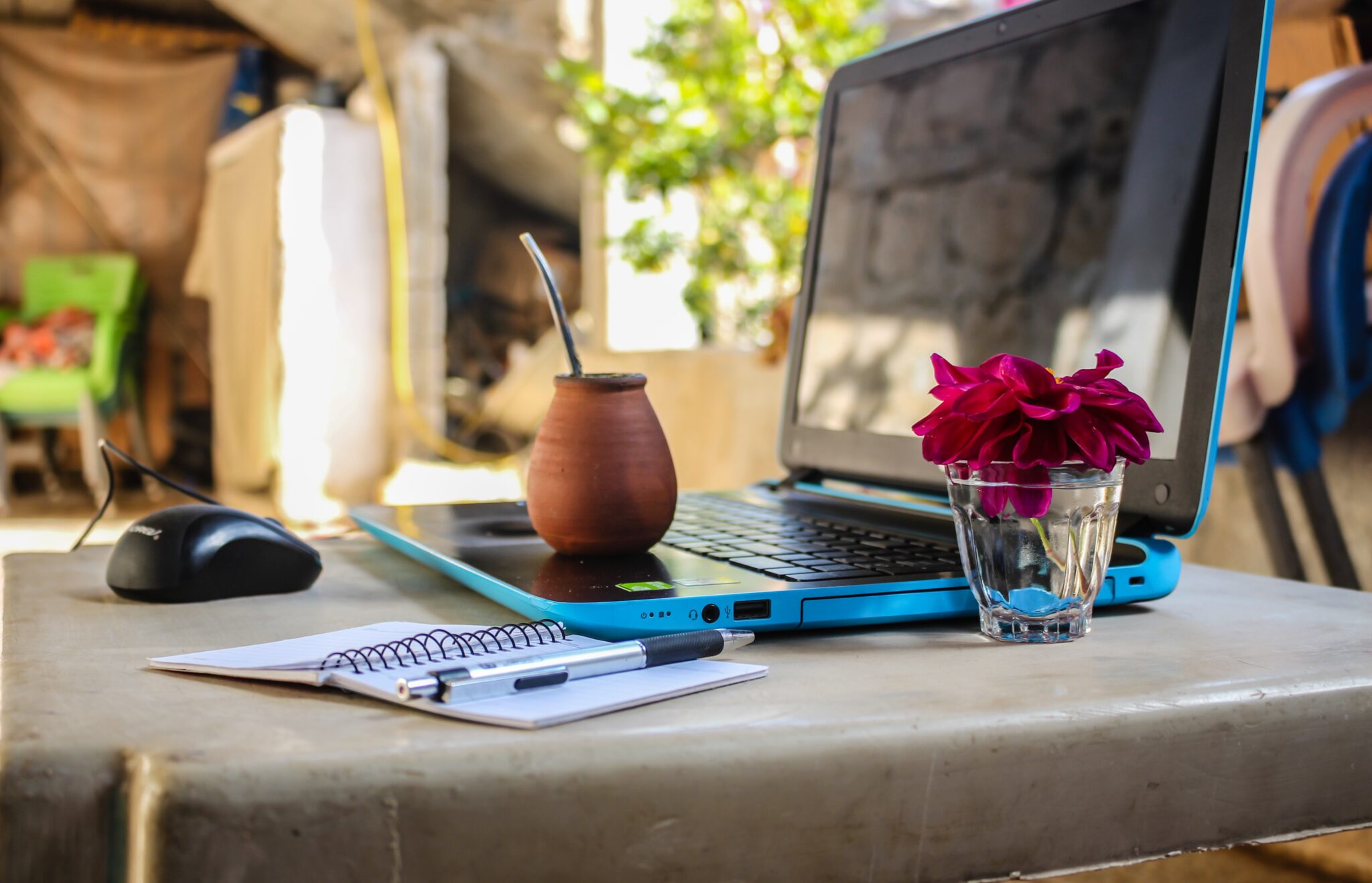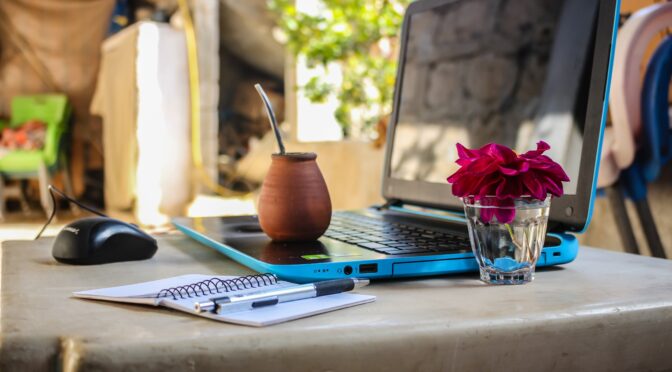Before the COVID-19 pandemic hit the globe, a lot of people were looking into becoming digital nomads. These are people who work remotely (whether it be freelancing or working for a company) and just travel around the world while they do it. There was a sort of beauty to it. People were incorporating slow travel, continuing the career, all while getting to change up their setting and way of life whenever they chose to. Since the world is slowly going back to normal, countries are opening back up, and travel is becoming easily accessible, the idea is becoming popular once more. But is it truly easy to jump in and become a digital nomad? What are the risks? You can find out all of that here!

How does a digital nomad get work?
So, digital nomads will find work in a variety of ways. Some may be content creators and continuously create content while they travel. They can work for a company remotely, and their company allows them to travel freely. When this is the case, it does allow for a lot of security and there is a safety net to it. Looking into it infrastructure jobs could be a way to get started when looking for a reliable company that offers remote work.
Another way that digital nomads find work can be through passive income ( selling courses, eBooks, printables, or anything else), crypto, and day traders, but they can also own their own business. This can be something such as a freelancer, or someone who owns their company. Honestly, there are so many ways that digital nomads can sustainably make their income.
How do digital nomads travel?
Just like with obtaining income, travelling can also be various. There’s this idea that digital nomads are constantly travelling and they do their work at the side of a pool in a resort. There could be some truth to it, but for the most part, it’s just hyper glamorization. Digital nomads can live in different ways, and they’re usually not travelling all the time unless they’re making passive income or they’re content creators.
Most digital nomads will stick with something specific and will rely on that. Here is an example: the whole idea of “van life” is becoming very popular. While there are questions of how much does it cost to hire a van, usually digital nomads who work in vans will drive somewhere and stay for several days while they get their work done. Sometimes it stays far longer than several days in one location. Other nomads will stay in an Airbnb for close to a month, they’ll work and in their free time just enjoy the area. They’ll do this before they move on to somewhere else in the world.

Are there any risks when trying to become a digital nomad?
The short answer is, it all depends. You need to have enough money in your bank account in case anything happens such as an unexpected medical bill, hidden fees, or an emergency that happens back at home so you need to take a flight there. In short, anything can happen so you always have to keep your finances in check. It’s important to use budgeting tools to help you out with this.
The lack of good Wi-Fi and the constant difference in time zones can make it difficult to operate a business, make clients happy, or even do your job all around. If the work you do requires little to no deadlines or communication with clients or coworkers then it could be something to consider. In short, these risks can be avoided especially if you know where to find good wifi and where your body can adjust to the difference in time zones.
Can being a digital nomad affect the search for a job?
This answer will also depend. If you’re planning on travelling constantly, some companies will not like that as they want stability for their employees. However, it can also just depend on the company culture. Some companies are entirely remote and all of their employees work remotely too. There are company cultures out there that completely encourage travel while working, but you may need to do some deep searching to find those.
What are the downsides to being a digital nomad?
When it comes to being a digital nomad, it’s unfortunately not all sunshine and rainbows. There are some downsides. One of the biggest downsides is that it can’t last forever. The COVID-19 pandemic proved that as many countries have to go into lockdown, this included forcing visitors to leave, and having hospitality-oriented businesses close their doors until told otherwise.

